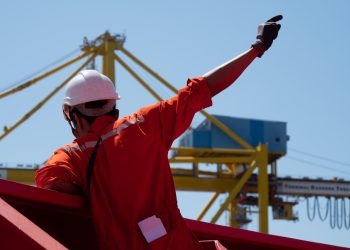Crew remuneration packages follow ITF but officer earnings are market driven
 The current shortage of officer corps seafarers is forecast to worsen and risks impacting carrier profitability, according to Drewry’s recently published Manning 2014 Annual Report.
The current shortage of officer corps seafarers is forecast to worsen and risks impacting carrier profitability, according to Drewry’s recently published Manning 2014 Annual Report.
Owners and managers need seafarers – and they want experience, expertise and quality. However, they do not have the resources to fund substantial rises in remuneration. In recent years owners and managers have been heavily cost focused as weak freight rate earnings have yielded poor returns. Manning has become the natural target for cost cutting, being the single largest element in ship operating costs, with officer recruitment being directed towards the lowest cost source.
Drewry estimates the current officer supply to be 610,000, representing a shortfall of 19,000 personnel. This shortfall is forecast to rise to 21,700 by 2018 given that there will be a requirement for an additional 38,500 officers by this time.
“While ratings (crew) remuneration packages tend to follow International Transport Workers Federation (ITF) standard terms, officer earnings are more market driven,” explained Drewry’s managing director Nigel Gardiner. “Manning costs look set to come under renewed upward pressure, putting a further squeeze on profitability unless owners are able to push freight rates higher.“
However, there is less supply pressure with ratings and this will have a moderating influence on wage negotiations currently underway between the ITF and International Bargaining Forum, which represents employers. The other factor in owners’ favour is that most seafarers are paid in US dollars. When converted to domestic currency, seafarer earnings tend to compare well with other occupations.
“But the shortage of officers remains, especially among senior engineering ranks and for specialist ships such as LNG carriers,” warned Gardiner. “There is also a general drift towards shorter working tours and increased benefits which is putting further pressure on supply.“
Source: Drewry Maritime Research




























































